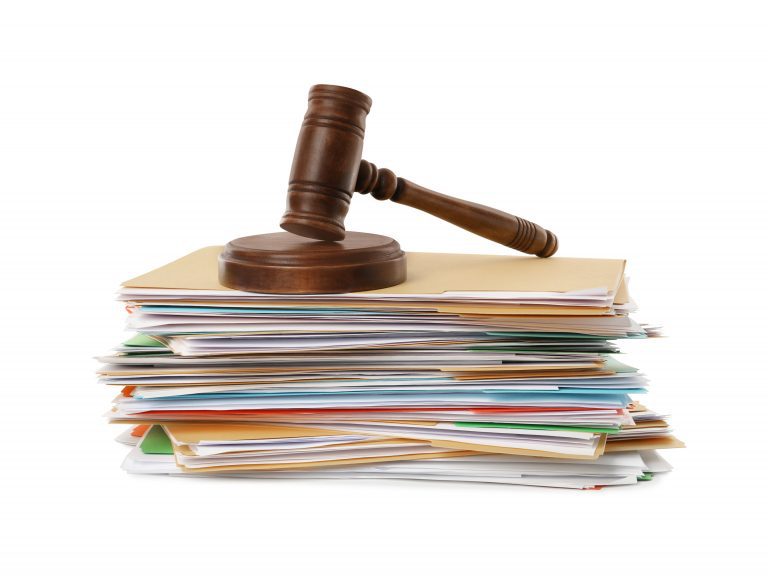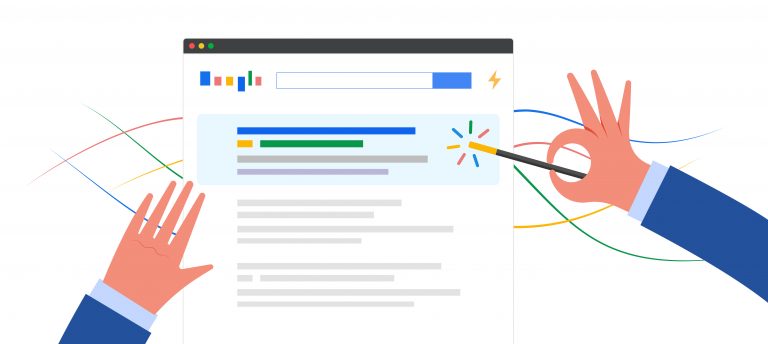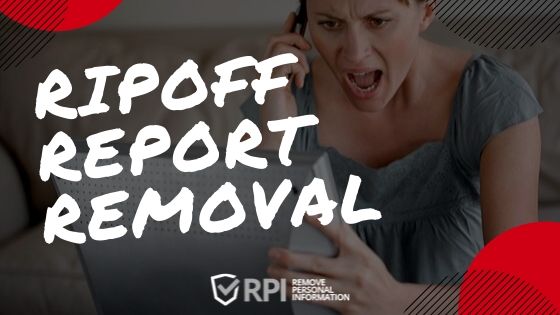Proven Strategies to Remove Negative Content from Google Search
October 10, 2023In today’s digital age, having negative content associated with your name or business in Google search results can harm your…

Court records are legal documents and records associated with various court proceedings, including lawsuits, criminal cases, and other legal matters. These legal records are considered public in most jurisdictions, making them accessible to the general public. However, there are instances where individuals may want to remove court cases from public records for various reasons.
There are several compelling reasons why someone may seek to remove court records of cases from the public record:
The ability to remove court cases from public records varies depending on jurisdiction and the nature of the case. Two common legal grounds for court record removal are:
Removing court cases from public records typically involves a specific legal process. Here are some general steps:
Removing court cases from public record may come with certain considerations and challenges:
If removing court cases and records from the internet and public records is not possible or feasible, there are alternative strategies to manage and mitigate the impact:
By understanding the concept of court and atlas public records, the reasons for removing them from public records, the legal grounds and steps involved, and the potential challenges, individuals can make informed decisions regarding the privacy and reputation protection of their court cases.
Understanding court and public records is vital for eliminating court cases from public records. Court records are open to the public and hold vital information about legal proceedings, including case details, rulings, and judgments. Public record encompasses any information that is accessible to everyone. To successfully remove court cases from public records, it is indispensable to possess a comprehensive comprehension of the process and requirements.
Why would anyone want to remove court cases from public court records? Let’s uncover the reasons behind it. From protecting your privacy to enhancing your reputation and employment opportunities, these sub-sections will shed light on the compelling motivations to keep these legal matters out of public view. After all, when it comes to personal and professional success, having control over your public record can make all the difference. So, let’s explore the art of removing court cases from public records and the benefits it can bring.
Regarding court cases in the public record, it is essential to prioritize protecting your privacy. Safeguarding personal information, preventing potential discrimination, and maintaining a positive reputation can be achieved by removing public court records and cases. To ensure privacy protection, it is important to comprehend the legal grounds, file necessary petitions, and follow the appropriate steps.
To enhance your online reputation management, following certain steps that help remove court cases from the public record is important. Consider the following strategies:
Focusing on these aspects can improve your reputation and create a positive narrative about yourself. This will further enhance your reputation and create a positive impression.
One can remove court cases from the public record to improve employment opportunities. Here are some things to consider to remove public court records:
Understanding the legal grounds is crucial in removing court cases from public records.
Expungement is a legal process that removes court cases from public records. It allows individuals to clear their criminal history and regain certain rights. Expungement eligibility varies by jurisdiction and may consider factors like the nature of the offense, time since conviction, and rehabilitation efforts.
Sealing or restricting public access to court cases can provide individuals with privacy and protection. Here are some key points to consider:
Ready to clear your name from the public record?
To petition for the removal of court cases from public records, begin by researching the legal requirements and jurisdiction-specific rules. Craft a clear and persuasive petition or motion stating your intent and reasons for seeking removal. Gather supporting evidence and consult with an attorney for guidance on the correct process and case strengthening. Proceed by submitting all required paperwork to the relevant court or administrative body, attending hearings to present your case effectively, and complying with additional court procedures. Finally, await the court’s decision on whether to grant or deny the removal request.
To erase court cases from the public record, follow these key steps:
When navigating the intricate process of removing court documents and cases from public records, various considerations and challenges demand our attention.
Removing court cases from public records can be a time-consuming and costly process. Time and cost considerations include filing fees, attorney fees, online court records, and the time it takes to navigate the legal process. It may be worth the investment for those looking to protect their privacy, enhance their reputation, or improve their employment opportunities. It’s important to carefully weigh the time and cost before removing court cases from public records.
Specific laws and requirements are paramount when removing court cases from public records. Each jurisdiction has its own set of rules and procedures that must be adhered to. It is essential to conduct thorough research and fully comprehend the specific laws and requirements pertinent to your case before proceeding with any efforts toward removal. A valuable tip is to seek guidance from a knowledgeable attorney or legal professional who can assist in navigating the intricacies of these laws and enhance the likelihood of successfully removing court cases from public records.
Specific laws and requirements are paramount when removing court cases from public records. Each jurisdiction has its own set of rules and procedures that must be adhered to. It is essential to conduct thorough research and fully comprehend the specific laws and requirements pertinent to your case before proceeding with any efforts toward removal. A valuable tip is to seek guidance from a knowledgeable attorney who can assist in navigating the intricacies of these laws and enhance the likelihood of successfully removing court cases from public records.

In today’s digital age, having negative content associated with your name or business in Google search results can harm your…

Court records are legal documents and records associated with various court proceedings, including lawsuits, criminal cases, and other legal matters….

Ripoff Report removal can be very beneficial to a business owner or company that is currently dealing with a report…